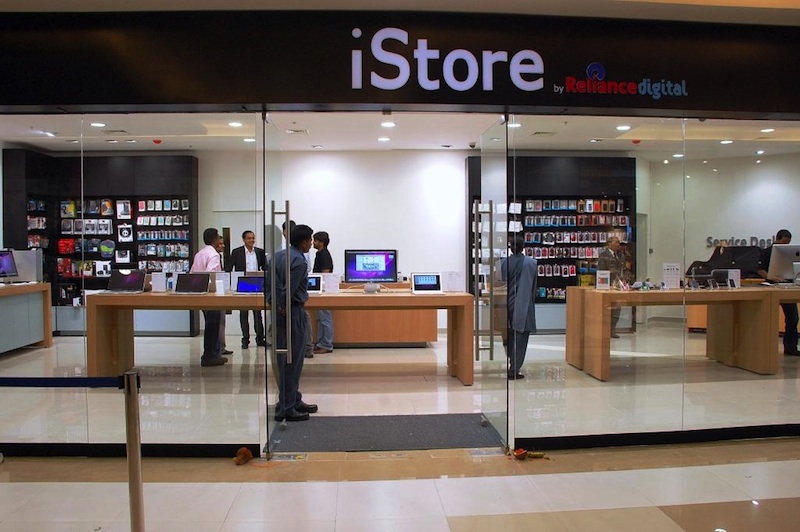Apple India executives Maneesh Dhir and Sanjay Kaul have stated in a meeting with retailers that the company will be focusing on consumers in small cities and towns in the country in order to grow sales, reports The Economic Times (via The Next Web).
The executives state that Apple desires to build 100 exclusive standalone stores under the franchise model in smaller markets, and will aim to do so by the end of the current fiscal year. The company is precisely interested in the changing demographic of the market, with both executives feeling that the aspiration level of Apple products amongst the youth are growing along with the population of wealthy citizens.
The move comes amid Samsung’s success in the Indian hinterland, said a senior executive with a retail chain, besides which companies such as Sony and Nokia have been able to sell smartphones costing in excess of 30,000 in areas outside the metros. The 16 GB iPhone 5 costs 45,500. India pricing for the upcoming iPhone models – the 5C and the 5S – hasn’t been announced yet.
“Apple has realised that if it wants to grow fast in India, it has to look beyond the metros,” said the CEO of one of India’s retail chains. The company wants to grow upwards of 30% year-on-year in India and feels the smaller markets would play a critical role since the aspiration level of Apple products amongst the youth and rich is growing there as well.
India notably does not have any Apple Retail Stores in its country; however a report in January 2012 stated that Apple was interested to build stores in the country after business regulations were eased. Apple was also planning for ‘significant growth’ of its reseller network in India as reported last March.
Figures from research firm Canalys reported in August for Q2 2013 showed that India is now the third largest smartphone market in the world, with 129% growth in the region resulting in 9 million smartphone shipments during the quarter. Apple CEO Tim Cook alsomentioned during the company’s Q3 2013 earnings call that iPhone sales in India were increased by 400% year-on-year, while the iPad posted double-digit growth in the region, highlighting the potential for future growth in the market.
